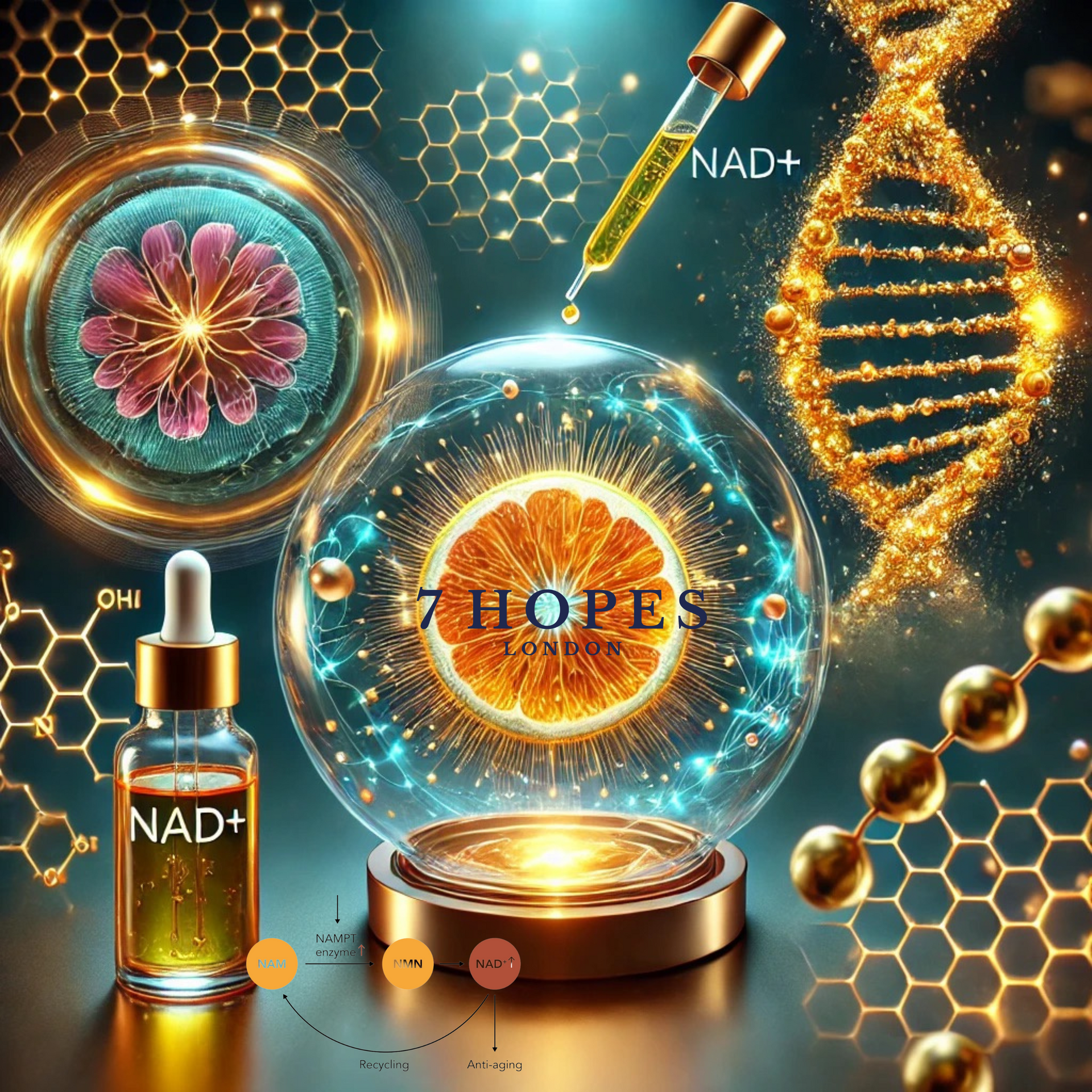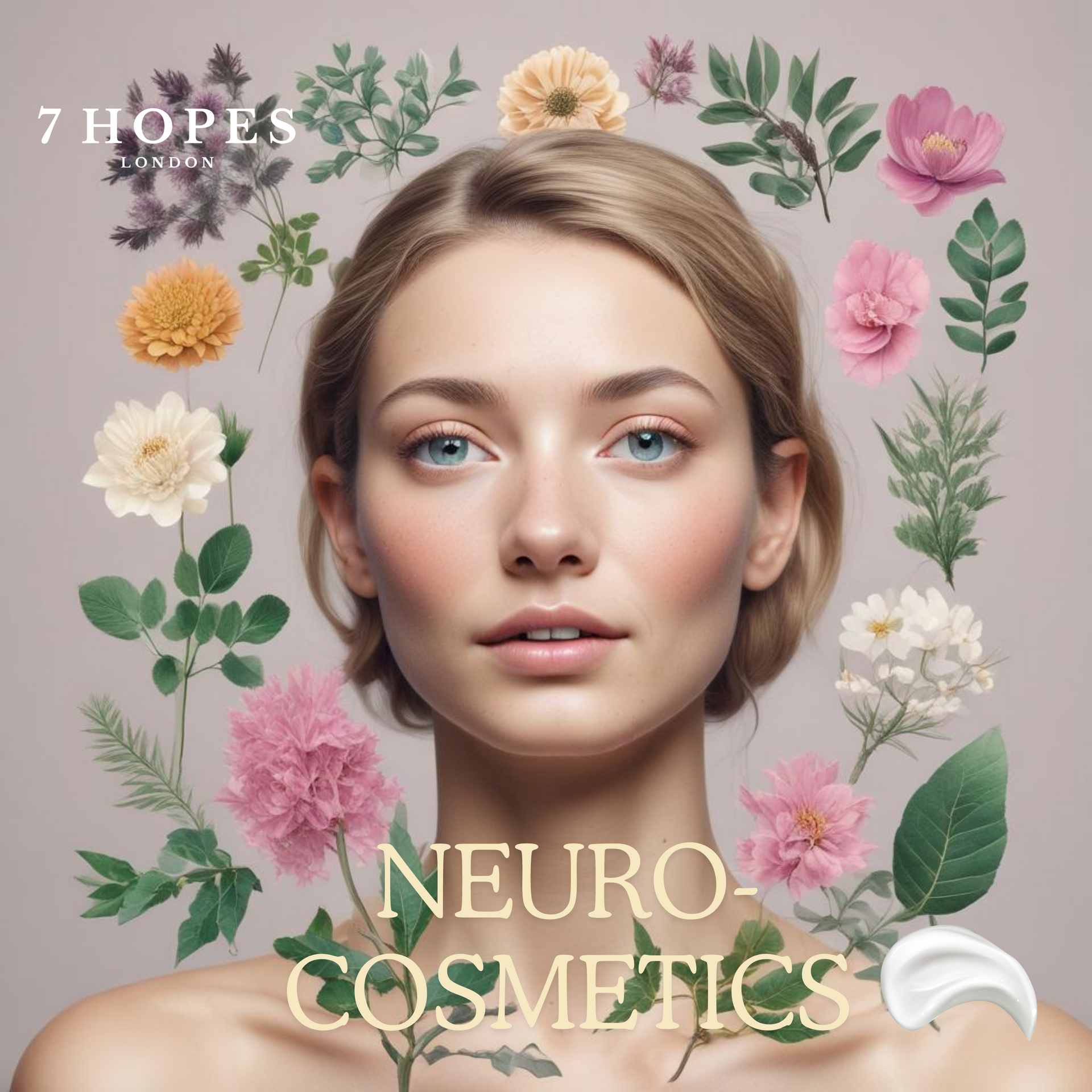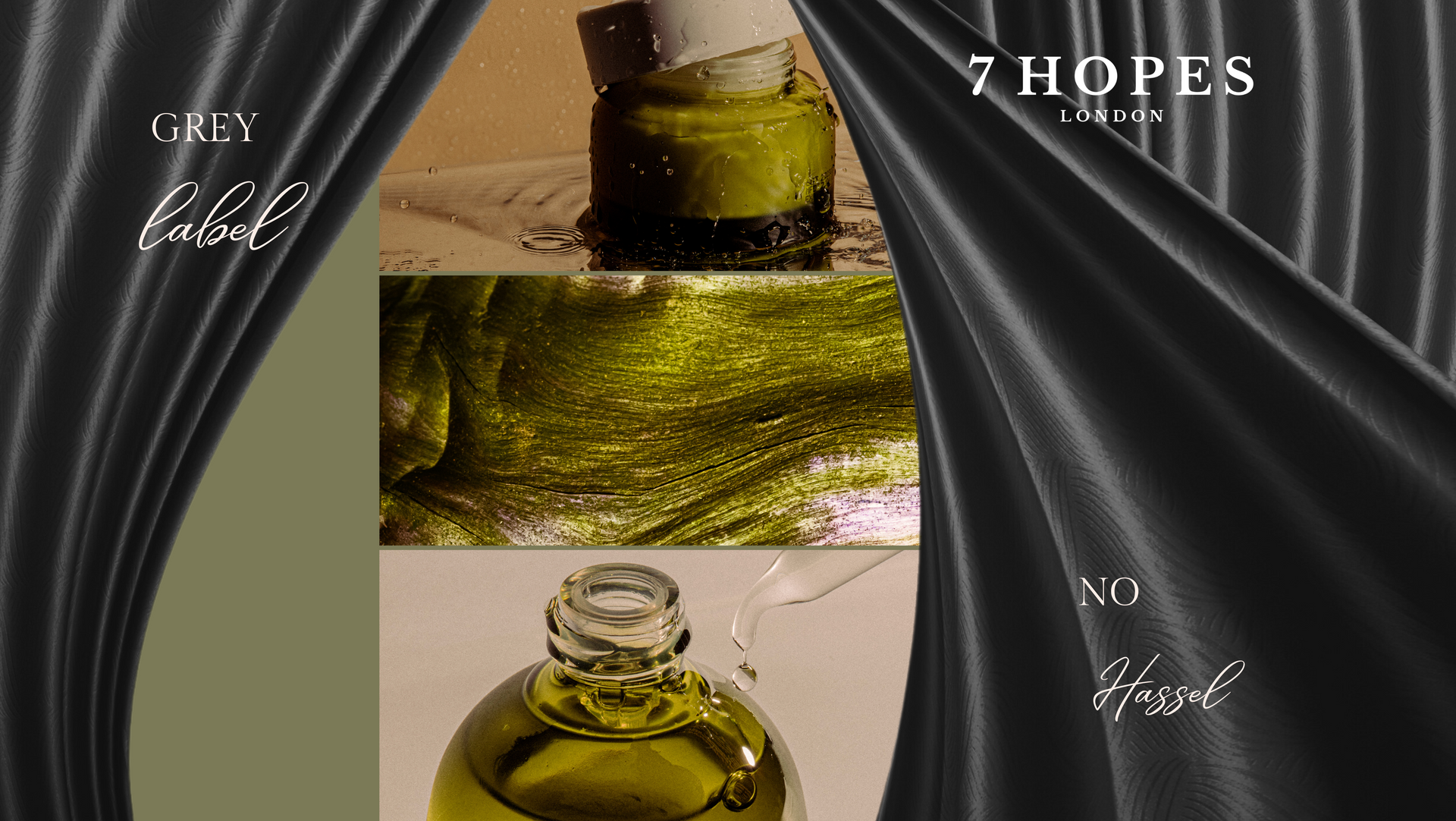Introduction:
In the ever-evolving world of skincare, customization is the key to success. 7 HOPES LONDON is proud to unveil a groundbreaking concept that goes beyond the traditional white label and bespoke development: Grey Label. This innovative approach empowers our clients to create their own unique skincare products with minimal investment in development costs. In this article, we will delve into the intricacies of Grey Label, comparing it to White Label and Bespoke Development, highlighting the advantages and potential considerations for each.
Grey Label Defined
Grey Label is a novel concept offered exclusively by 7 HOPES LONDON. Unlike traditional white label solutions, Grey Label allows clients to fully customize their skincare products without incurring hefty development costs. Under this arrangement, clients are responsible only for the testing and production of their unique formulations, while the intellectual property rights remain firmly with 7 HOPES LONDON. This innovative approach not only saves time and money but also mitigates risk, offering clients a swift route to market with a differentiated product.
Comparing the Options: White Label, Grey Label, and Bespoke Development:
Definition: White label products are pre-formulated products offered by manufacturers, allowing companies to brand and sell them as their own.
Pros:
- Quick to market: Products are readily available, reducing lead time.
- Low upfront costs: Development expenses are minimal compared to bespoke development.
- Established formulations: Proven formulas with a track record of success.
Cons:
- Limited customization: Limited ability to modify formulations or create a unique product.
- Less differentiation: Products may be similar to those offered by competitors.
- Less control: The manufacturer retains control over the formulation.
Definition: Grey Label allows clients to customize their own skincare products, bearing only the testing and production costs, while intellectual property rights remain with 7 HOPES LONDON.
Pros:
- Full customization: Clients have the freedom to create unique formulations.
- Cost-effective: Minimal investment in development costs.
- Intellectual property protection: 7 HOPES LONDON retains ownership of the formulations.
- Reduced risk: Lower financial commitment and less development time.
Cons:
- Testing and production costs: Clients are responsible for these expenses.
Definition: Bespoke development involves creating a skincare product from scratch, including formulation, testing, and production, with complete customization.
Pros:
- Complete control: Clients have full control over every aspect of the formulation.
- Unique product: Products are entirely original and tailored to specific needs.
- Brand exclusivity: Exclusive formulations that can't be replicated by competitors.
Cons:
- High upfront costs: Extensive investment required for formulation, testing, and production.
- Longer lead time: Development time is typically longer compared to other options.
- Higher risk: Greater financial commitment and potential for longer time to market.
- Conclusion
- With the introduction of Grey Label, 7 HOPES LONDON is revolutionizing the skincare development landscape. This innovative concept offers clients a unique opportunity to create their own customized products with minimal investment in development costs. By choosing Grey Label, clients can save time, money, and reduce risk while entering the market with a distinct and differentiated product. For more information on Grey Label and our other offerings, visit our website at www.7Hopes.co.uk
Embrace the future of skincare development with 7 HOPES LONDON!










